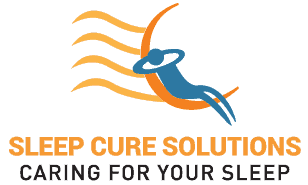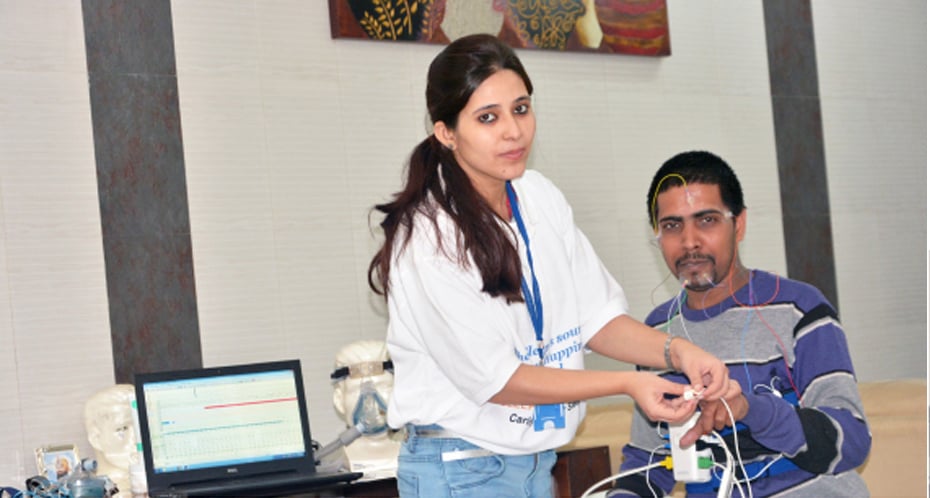Home Sleep Study And In Lab Sleep Study (Polysomnography)
Sleep study is a very powerful monitoring tool which gives the Sleep Specialist an opportunity to peep into one’s mind and health. It’s utility goes much beyond diagnosing simple Sleep Apnea and extends to diagnosing conditions like periodic limb movement, Sleep architecture problems, Parasomnias, Complex Sleep Apneas, Bruxism, loss of REM Atonia etc.
In home sleep study the sleep study is perform at patient home itself. This kind of test are for those patient who are home-bound. They are instructed by the physician, how to perform home sleep test themselves. Where as in Lab sleep study the patient have to be at a sleep health center, where he has to stay overnight. The sleep health center have all the equipment to carry our the Sleep Study to detect sleep disorder. You can find a Sleep Health Center near by your location to find your sleep health.

